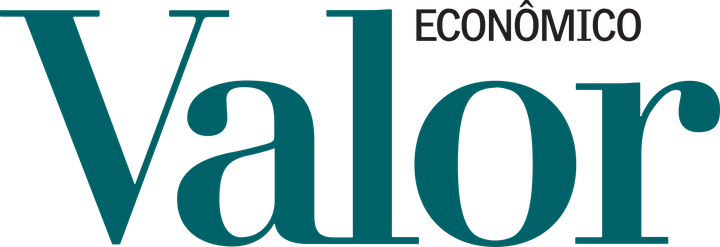
- About the initiative
- …
- About the initiative
- About the initiative
- …
- About the initiative
Investors Statement in Support of Resilient Low-Carbon Transition Policies
We, the signatories of this Declaration, investors with R$873.57 billion in assets under management (AUM), and potential investors in assets that contribute to climate change mitigation...
...We understand that the climate emergency is one of the greatest risks to the stability of the financial system and recognize the importance of the participation of society as a whole in the effort to make a just transition to a low-carbon economy and promptly avoid the worst social, environmental, economic and geopolitical impacts predicted by science due to global climate change.
We emphasize the urgent need for collaboration between the public and private sectors to reduce greenhouse gas (GHG) emissions in this decade, and to halt the financial and reputational impacts that are already affecting companies and investors. Likewise, only the consolidation of public and private forces can mitigate the effects of climate change.
In addition, the effects of the COVID-19 pandemic have exposed the interdependent relationship of society as a whole, which makes global engagement and the need for good planning, execution and risk management related to the climate emergency even more relevant. This is a major challenge for maintaining economic systems, while at the same time presenting an opportunity for the financial sector to direct resources towards an economic recovery based on the best sustainability practices.
To guarantee responses that are up to this challenge, public policies need to be drawn up and revised given the impacts, consequences and perspectives imposed by the climate emergency.
We hereby request the immediate attention of public bodies - especially the federal government - to the points mentioned below:
- Position itself in favor of the development of global and regulated carbon markets through Article 6 of the Paris Agreement at COP26.
- Strengthen the environmental inspection structure to eliminate illegal deforestation and seek an immediate reduction in deforestation rates.
- Redesign economic and fiscal instruments to encourage sustainable, low-carbon private investment.
- Regulate domestic carbon pricing mechanisms in other sectors of the economy, using the lessons learned from the implementation of RenovaBio, for example.
- Commit to implementing net zero targets by 2050, with clear and ambitious objectives and intermediate targets, with due transparency to improve communication with the national and international market.
- Design and implement a Covid-19 post-pandemic recovery plan that supports the transition to a low-carbon economy combined with climate resilience ("sustainable recovery"), highlighting the opportunities it represents for Brazil.
In recent years, technology, innovation and social change have paved the way for new opportunities linked to the transition to a more inclusive, circular and low-carbon economy. It is crucial to pave the way for more assertive investments, with the participation of the financial and capital markets.
Brazil needs to ensure that these opportunities are seized, with results that are positive and long-lasting, guaranteeing a position of relevance in the climate race and safeguarding the future of the next generations and economic and sustainable development.
Media coverage































